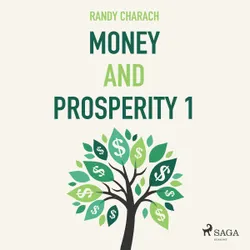The present paper is an attempt to formulate a positive theory of motivation which will satisfy these theoretical demands and at the same time conform to the known facts, clinical and observational as well as experimental. It derives most directly, however, from clinical experience. This theory is, I think, in the functionalist tradition of James and Dewey, and is fused with the holism of Wertheimer, Goldstein, and Gestalt Psychology, and with the dynamicism of Freud and Adler. This fusion or synthesis may arbitrarily be called a 'general-dynamic' theory. It is far easier to perceive and to criticize the aspects in motivation theory than to remedy them. Mostly this is because of the very serious lack of sound data in this area. I conceive this lack of sound facts to be due primarily to the absence of a valid theory of motivation. The present theory then must be considered to be a suggested program or framework for future research and must stand or fall, not so much on facts available or evidence presented, as upon researches to be done, researches suggested perhaps, by the questions raised in this paper.

Why Nothing Works : The Anthropology of Daily Life
Marvin Harris
book
City Life
Witold Rybczynski
book
Makeshift Metropolis : Ideas About Cities
Witold Rybczynski
book
The Obama Diaries
Laura Ingraham
book
The Economic Consequences of Peace
John Maynard Keynes
book
A History of the World in 21 Women: A Personal Selection
Jenni Murray
book
A Qualitative Stance : Essays in honor of Steinar Kvale
n a
book
On Poets and Others
Octavio Paz
book
The Analysis of Mind
Bertrand Russell
book
Money and Prosperity 1
Randy Charach
audiobook
The Philosopher's Book of Questions & Answers: Questions to Open Your Mind
D.E. Wittkower
book
The Federalist Papers
Alexander Hamilton, John Jay, James Madison
audiobookbook

